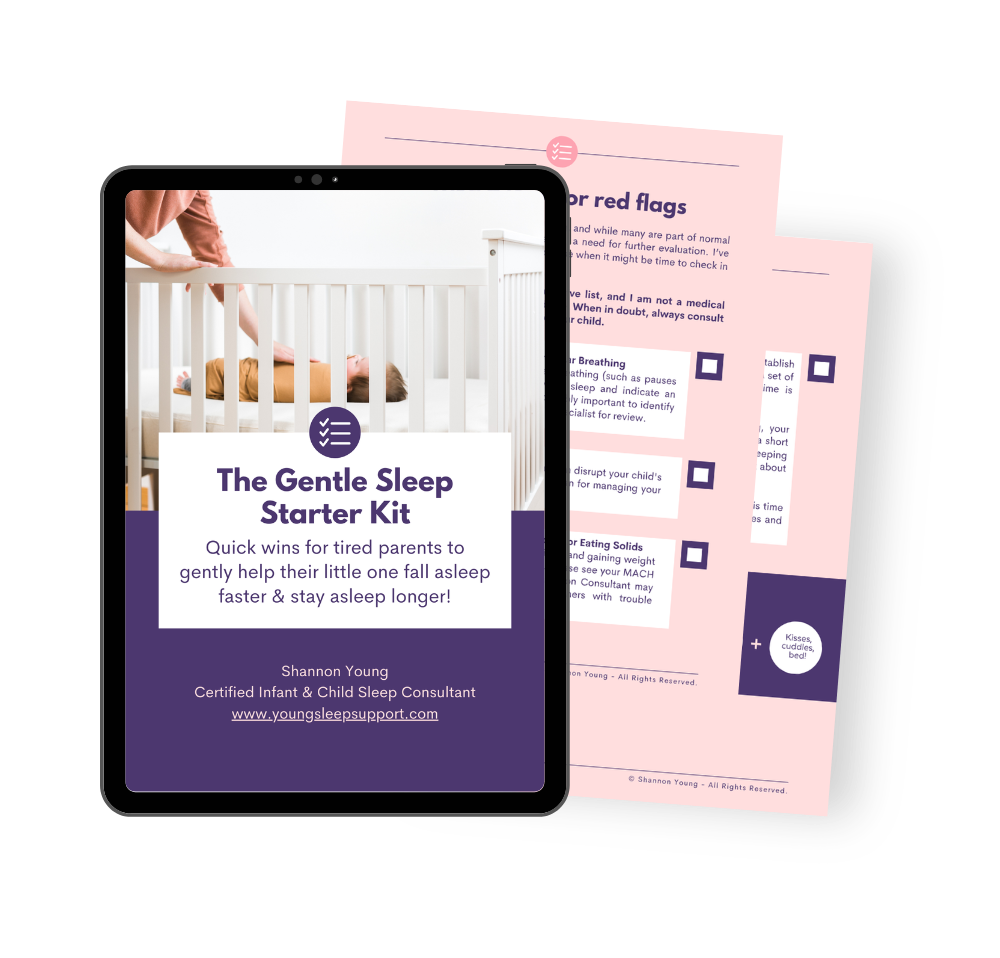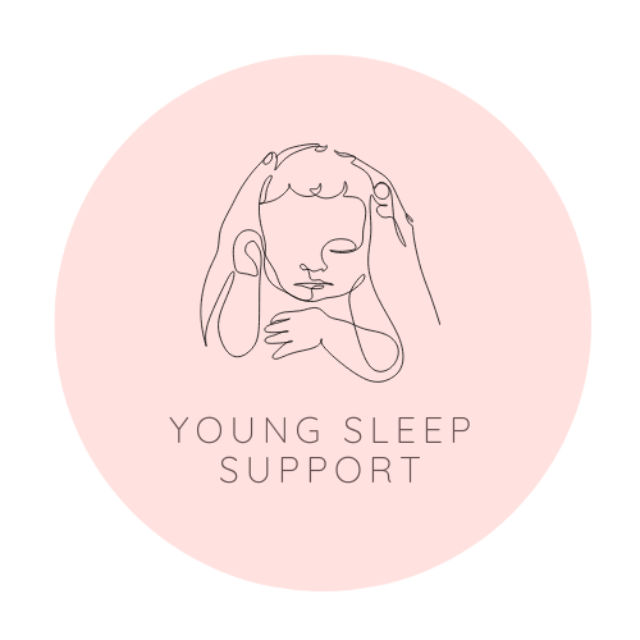
DOWNLOAD MY FREE GUIDE
The Gentle Sleep Starter Kit
READY TO GET YOUR family's sleep UNDER CONTROL?
Explore the ways I can help...

1:1 Sleep Coaching
Struggling with sleepless nights? Let’s work together to uncover exactly why sleep feels so hard for your little one - and create a plan that works for your family. With daily check-ins, personalised support, and a custom plan, you’ll never feel alone in this journey. No sleep training, no guilt, just responsive sleep support that feels right for you.





